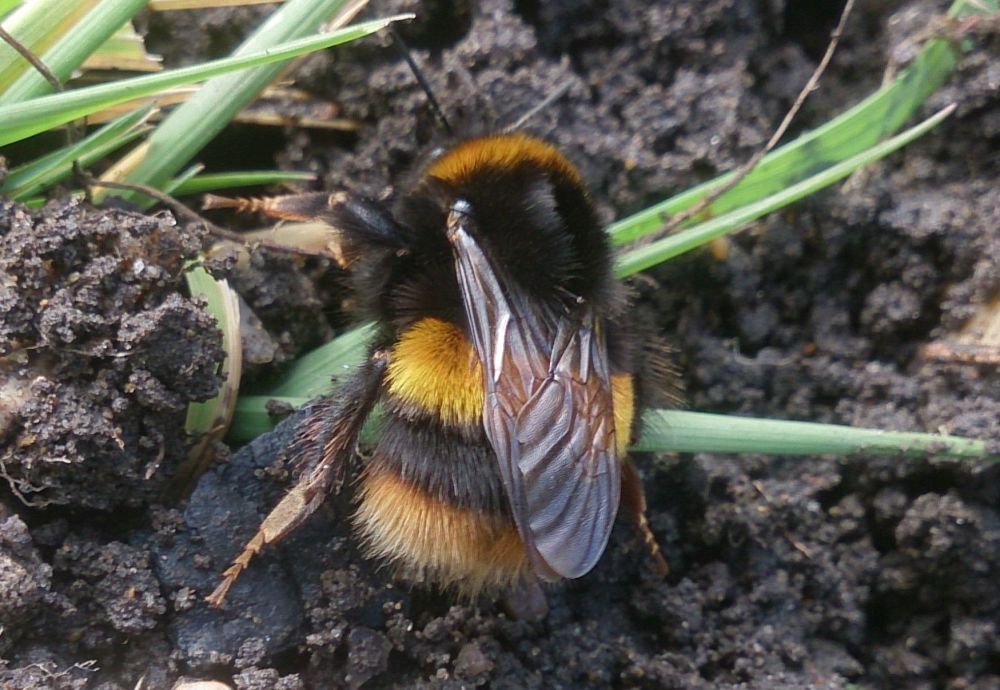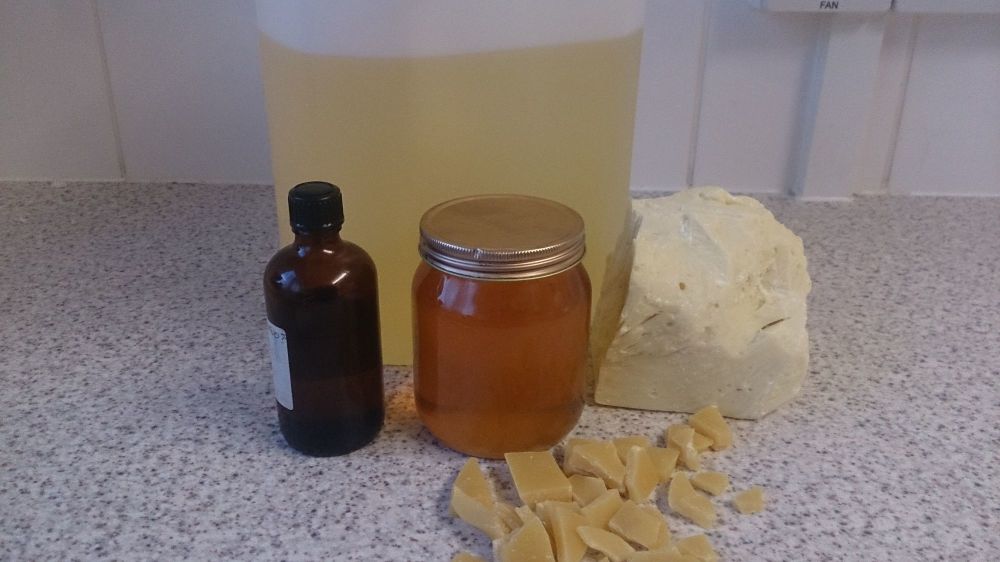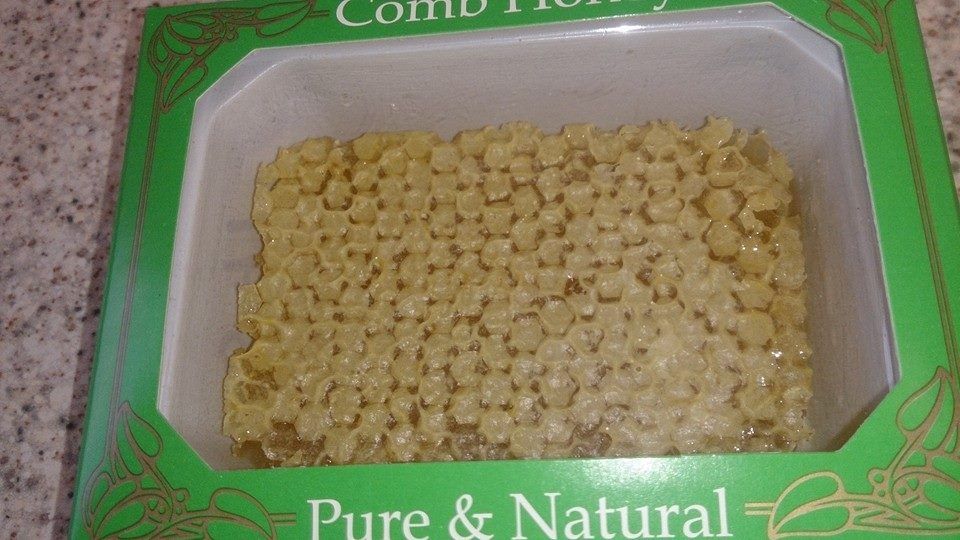Why Leaving Sugar Water Out For Bees Is Such a Bad Idea
Posted on
For the last few years during the summer I’ve seen a post or two about making bee feeders. In response I have done a post advising that this is not a good idea for a number of reasons. Usually this post has been seen by, at best, a few 100 of my followers.
This year I started to see a lot of information about making bottle top feeders for bees and again I did a facebook post in response. By the end of the first day the post had been seen by 1,500. Within in 10 days it had been seen by 100,000, and now my original post has now been seen by more than 600,000 people to date. The text of my post has also been copied and shared and keeps popping back up in my newsfeed in the various groups I follow so I have no idea how many people have seen the post. Messages have been coming in so thick and fast from people asking questions as a result of that post my phone has developed a stutter!!!!


